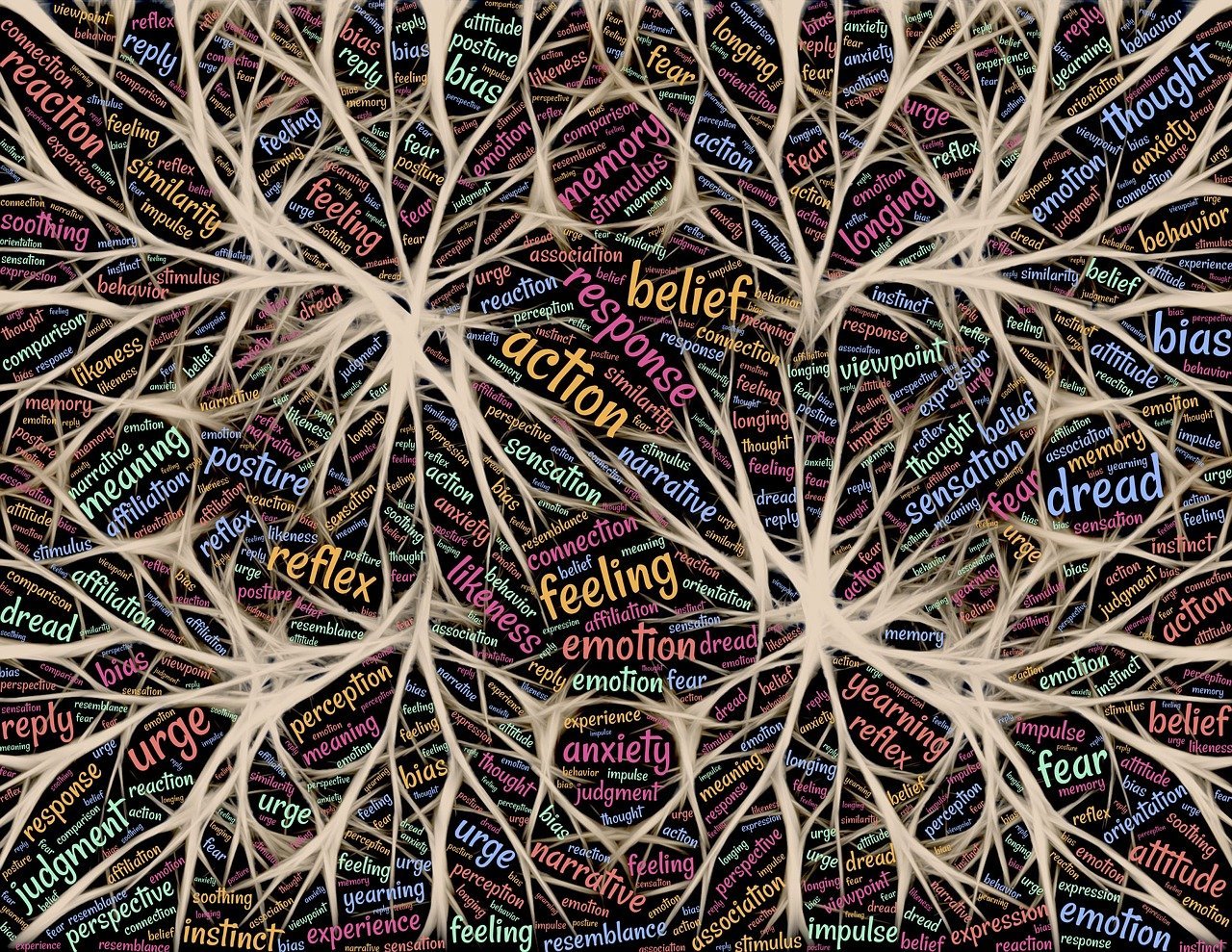There is a vast amount that is unknown about the brain – but what is known through extensive research, is insight into brain function, with the field of neuroscience and psychotherapy being closely linked – especially in response to emotional experiences like trauma, anxiety and depression. Although there are many lenses the field of psychotherapy works within, neuroscience adds meaningful depth linking mind, human experience, and healing within the therapeutic relationship.
Branches of Neuroscience in Psychotherapy
Below are some areas of neuroscience relevant to psychotherapy:
- Neuroplasticity – this is the brain’s extraordinary ability to create new neural network systems and to rewire itself through new experiences – with psychotherapy and the relationship between client and therapist being a transformative experience for the mind and body.
- Neurochemistry – informative through understanding chemical messaging systems such as – hormones, neurochemicals and the nervous system (sympathetic and parasympathetic nervous system). This informs us about how we grow, adapt and learn.
- Affective neuroscience – this offers great insight into how our past emotional experiences shape our present day responses. This is the understanding and study of the brain’s ability to process mood, emotion and personality. Different areas of the brain are responsible for emotional memory and expression.
Neuroscience and psychotherapy – when used hand in hand can help to bring clarity and awareness.
Brain Structures Responsible for Emotional Responses
These brain structures develop in response to our early life experiences and continue into adulthood – they shape how we relate to others, to stress, to perceived threats, and to emotional requests.
Some of the areas of the brain involved are:
- Amygdala
- Hippocampus
- Thalamus
- Hypothalamus
How Psychotherapy Helps
First of all we need to understand that medications alter the brain chemistry and this is not the role of psychotherapy – however combining the two can be very effective, when advised by a professional.
Psychotherapy does offer a powerful and supportive environment – to bring awareness, to explore patterns, and to work through effective strategies to work through these. Improved self regulation, uncertainty surrounding emotional responses, new relational experiences and reflective exploration can help to create some harmony and balance for the individual.
Therapists who intertwine neuroscience within their practice might:
- Increase awareness of unconscious processes – to make them more conscious and provide you with increased power and control of your emotions.
- Help you to understand the root cause of emotional and behavioural patterns.
- Support in bringing clarity to confusing experiences – through effective insights and interventions.
- Support you in becoming an active participant in your healing journey.
What Do Therapy and Neuroscience Mean for the South Asian Community?
I suppose we can call this cultural neuroscience and stigma that influence brain development, neurochemicals, brain structure and function – and this correlates to the impacts of mental health, emotional regulation, and stress. Cultural experiences, conditioned beliefs and introjects, expectations and pressures are just some of the aspects that inform our minds and nervous system.
There is also the holding of intergenerational trauma that lives within the cells of our bodies – leading us back to years of enslavement, migration, patriarchy, discrimination, colonial trauma, plus many more.
This all contributes to brain development and therefore how we view ourselves and the world around us – all influencing mental health. Psychotherapy therefore is deemed extremely important and influential in supporting the South Asian community and effective psychotherapy has shown to rewire brain circuits – especially those involving the amygdala, prefrontal cortex and default mode network. These changes can help improve emotional regulation, decrease anxiety and treat depression. This is regardless of culture, however the South Asian community does benefit largely from therapy.
Conclusion
It has been largely supported that the relationship you build with your therapist is just as important as the informed approach, technique or theory that is used to inform the work. Therefore, choosing a therapist should be more about who you feel drawn to and who resonates with the style and approach you are needing – which may change down the line – and this is okay too. The therapeutic journey is very personal and each experience is unique.
The human-to-human bond in therapy reflects the deeply relational nature of our brains. In this sense, the mind becomes a mirror—relationally interwoven and always evolving.

